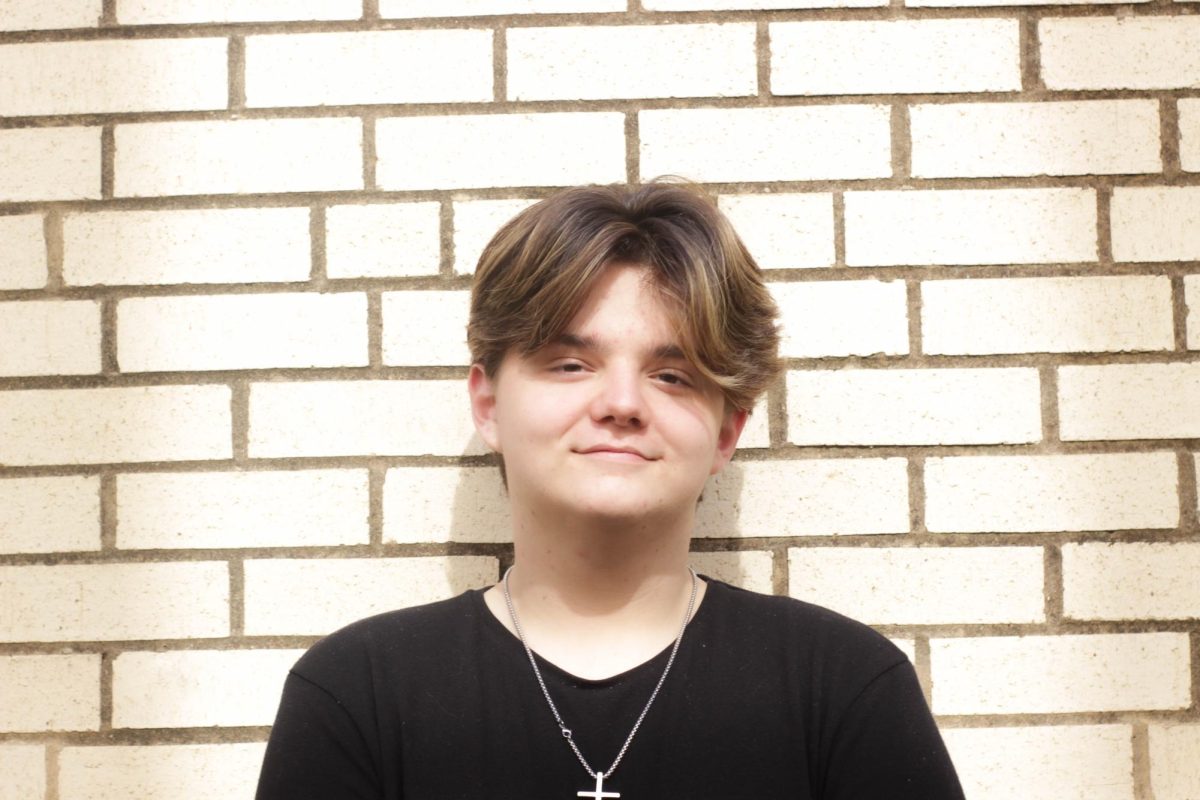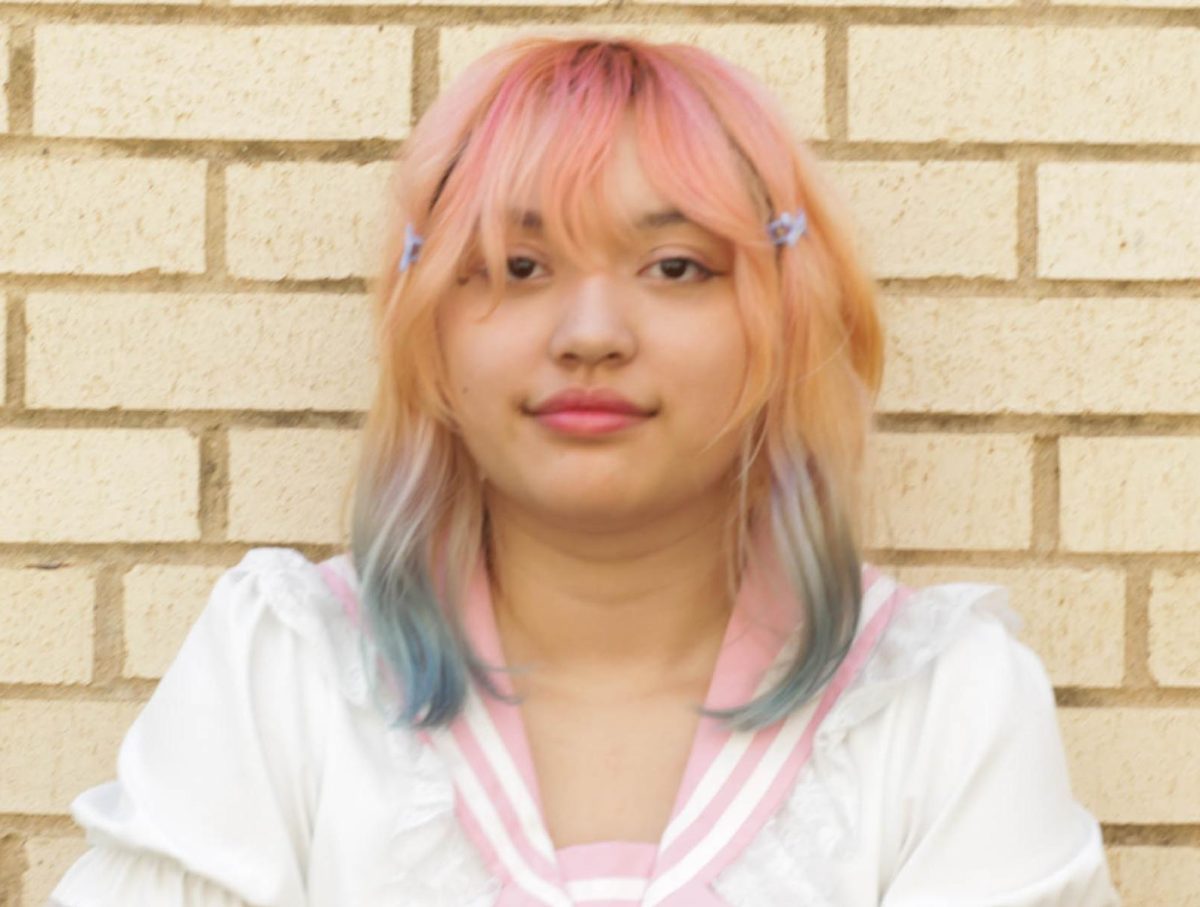When you’re a racial minority in a mostly White school, you get used to feeling out of place.
You feel it when you walk into a new class and see that you’re the only student of your race there. You feel it when you unconsciously strive to disprove the stereotypes. You feel it when you have to answer the teacher who often picks you out of the entire class to answer the race-based questions. And while it’s sad, these experiences aren’t surprising after they’ve happened enough.
But hearing racist comments from people who are supposed to be your friends never stops hurting.
When people grow close enough to their friends who are racial minorities, they think making jokes about their race is okay. They think it’s fine because after they make the jokes, their friends will usually laugh or even participate.
But minorities usually just play along because they are too afraid to stand up for themselves. They don’t want to “ruin the vibe” or risk the friendship by speaking up. But most of the time, the joke was disrespectful and wrong.
It’s scary to stand up to even one friend, let alone an entire friend group if you’re the only minority present. It’s easy to internalize the racism and start to repeat it if you just want to be accepted.
In our community, minority parents teach their children to handle racism by pretending it doesn’t bother them. Black kids especially are warned against speaking up, so they won’t come off as an angry Black stereotype. This is because if you acknowledge racism for what it is in a predominantly White community, you’re in danger of being labeled as “woke” or “controversial”.
But treating our classmates with respect is not political. It’s the bare minimum.
If someone brings to your attention that you hurt them, they are not asking you to beat yourself up. They are asking you to learn from the experience and apologize.
When someone shares that your comments hurt them, it’s easy to retreat into a victim mindset and view the confrontation as a personal attack. But if you’re more concerned with protecting your ego than listening to your friend, you should ask yourself if you actually care about them.
Some of us grew up exposed to harmful ideologies about race. As children, some of us made racist comments because it was all we knew.
But at a certain point, you have to be responsible for yourself. By high school, your ideas and actions are your own. If you’re almost an adult and are still using racist comments as a humor tactic, you are responsible.
We can’t fully end racism. But its power fades when students of color start to stand up for themselves. It fades when we all gain the humility to apologize when we’re wrong.




